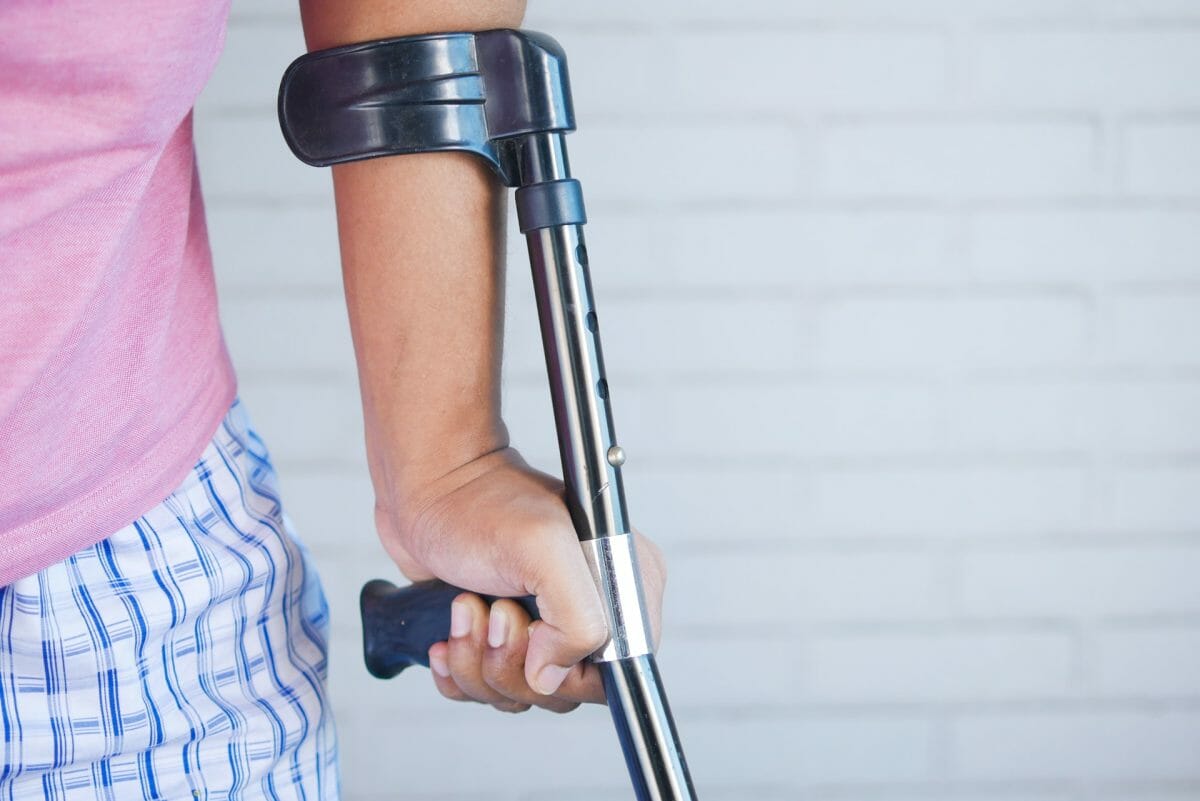There is no doubt that getting injured is almost always a bad time. Between the pain, medical issues, and all your financial responsibilities, you’ve got a lot on your plate to deal with. The way you react to getting injured is going to completely change the recovery process and your mindset, and that’s why we’ve put together some helpful tips on how you can speed up your healing after an injury. Please read on.
Seek immediate help when you’re injured
A small scratch, cut, or even a bruise is fine to handle on your own. Your body will naturally heal so it’s not an issue. However, things get a little more dangerous when you’ve hurt yourself to the point that it’s preventing you from carrying out your daily activities. For instance, injuring your leg to the point you can’t walk or even hurting your hand enough that you can’t work is a problem, and you should never try to work through that pain. It’s only going to get worse, so seek a healthcare professional as soon as possible to assess the damage and receive treatment.
Understand there are financial implications of getting injured, but prioritize your health
A lot of people understand that seeking good healthcare can be incredibly expensive, even if you have some form of medical insurance. But don’t let that prevent you from getting treated. Make sure you’re focusing on your health first before the potential fees or costs of being treated. You can always seek help from personal injury lawyers and other services to help you combat the costs. There are ways to reduce the expenses and ensure that you get sufficient treatment to help you return to your normal life.
You need to rest and relax
There are people out there who will work no matter their health or personal condition–and that’s a problem! You have to set time aside to rest and relax so that your body can heal. Adequate rest is an essential component of a speedy recovery, so follow whatever your doctor recommends and make sure you’re spending more time in bed, or at least relaxing instead of working.
Listen closely to medical advice
After you get treatment, your doctor will probably give you some medical advice. This could be to avoid any exercise, to take medication, or to attend physical therapy. Whatever the doctor says, you’ve got to do it. They know best and they understand what your options are in a bad situation. If you want to recover quickly, then you better start taking notes and listening to what they have to say!
Positivity goes a long way
Staying positive during an injury can make a surprising difference in your recovery. It helps to distract you from the pain and also helps you continue your daily activities without worrying too much about the consequences of being injured. Working on your mindset and focusing on the things you’ll do once you’ve recovered can help you deal with some of the mental stress of being injured, and it’ll make you a stronger person once you’ve gone through the ordeal.
